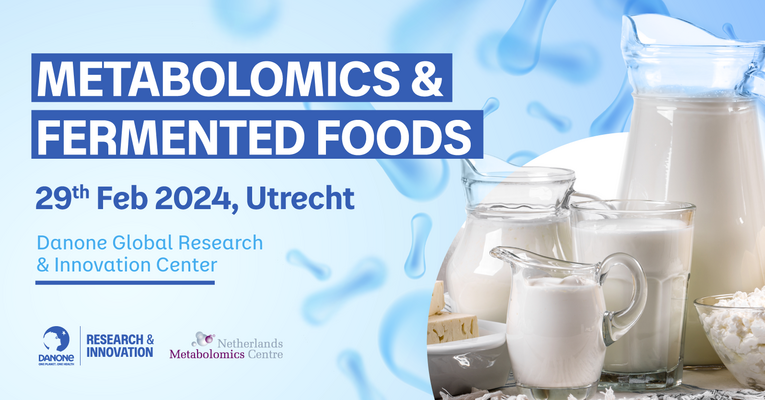Julien Tap
Julien Tap, INRAE, FR
"Fermenting the Future: Customizing Gut Microbiome Health Through Diet."
The gut microbiome is essential for human health, yet modulation requires more insight into inter-individual variation. Recent large cohort studies showed that environmental and host factors explain less than 20% of the variation in microbial composition, suggesting significant roles for stochastic factors and ecological rules in gut microbiome assembly. Although diet and lifestyle significantly influence the symbiosis between the host and microbiome, resilience is identified as a critical factor in maintaining the microbiome’s structure throughout an individual’s lifespan. Understanding the microbiome structure included analyzing 35,000 human gut microbiome samples and using time-series analysis. We found that the microbiome is structured as branches that shape dynamics between states. Gut microbiome states are differentially linked to host and environmental factors, allowing critical transition to unhealthy degraded states to be detected in association with diversity and functional shifts. As part of a healthy diet, fermented foods hold the potential to counter decreased microbiome diversity and have potential health benefits such as improving gut health. Although there is a significant intersection between food and human microbial species, the interactions between fermented food strains and food matrix metabolites are crucial to consider for their functional effects. While consuming fermented foods has been associated with metabolic changes in the gut microbiome, its functional enrichment is considered personalized. This updated view of the human gut microbiome structural and functional landscape provides a conceptual framework for designing next-gen and sustainable fermented foods.
Biogaphy
Julien Tap is a research scientist at INRAE Micalis Institute, settled in Paris-Saclay, where he notably works on projects related to the interactions between gut and food microbiomes from a nutrition and health perspective using synthetic and computational ecology approaches.
In Joel Doré’s lab, his PhD project was to study dietary fiber’s impact on human gut microbiota using notably metagenomic and metatranscriptomic approaches. Since his PhD, his research interest focused on interactions between food, gut microbiota, and human health. This allowed him to work with European and US clinicians from several disciplines. As post-doc did at EMBL in Peer Bork’s group and at INRAE Metagenopolis unit, as well as a Danone research scientist, he used several approaches like numerical ecology and machine learning technics to untangle gut and fermented food omics data as a function of clinical and dietary data.
MetabolomicsFermentedFoods2024
 Registration website for MetabolomicsFermentedFoods2024
Registration website for MetabolomicsFermentedFoods2024Netherlands Metabolomics Centremeike.bunger@metabolomicscentre.nl
Netherlands Metabolomics Centremeike.bunger@metabolomicscentre.nlhttps://www.aanmelder.nl/metabolomicsfermentedfoods2024
2024-02-29
2024-02-29
OfflineEventAttendanceMode
EventScheduled
MetabolomicsFermentedFoods2024MetabolomicsFermentedFoods20240.00EUROnlineOnly2019-01-01T00:00:00Z
Danone Research & InnovationDanone Research & InnovationUppsalalaan 12 3584 CT Utrecht Netherlands




